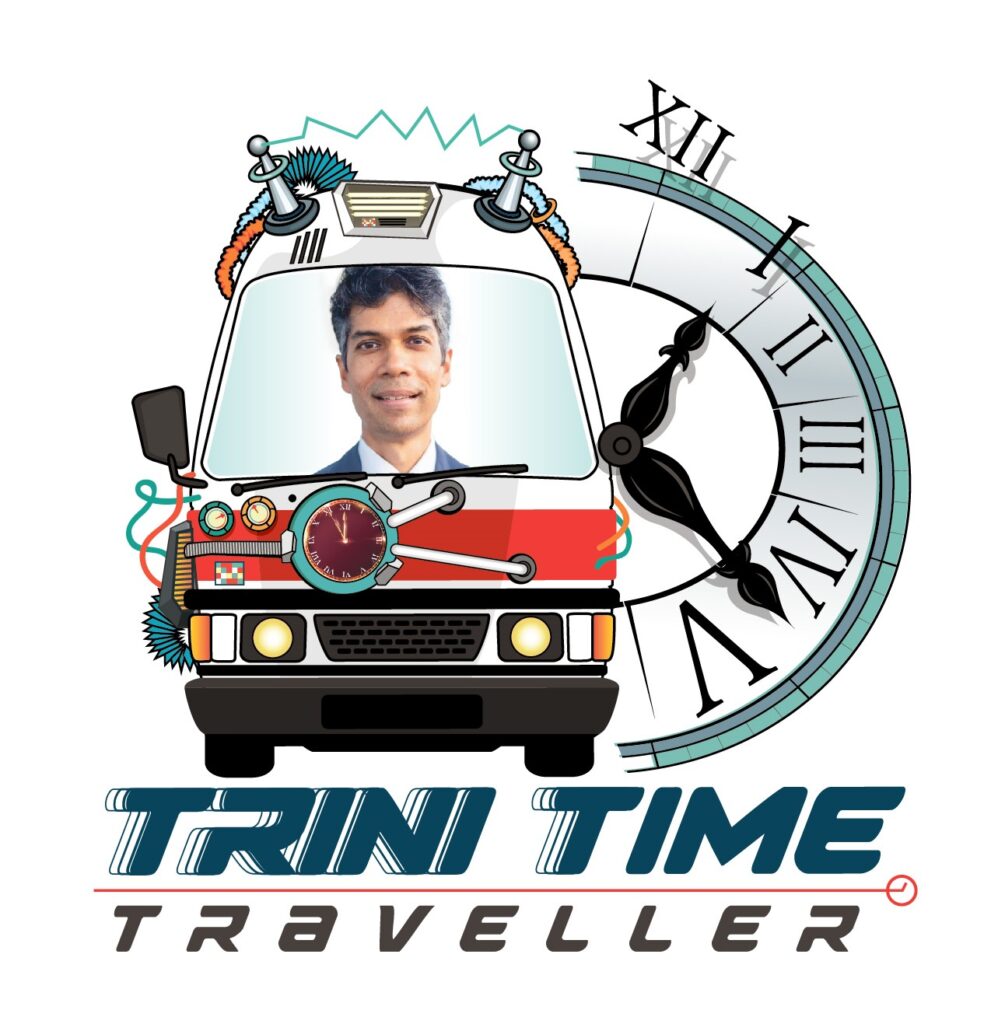Muslims visit Nelson Island

JEROME TEELUCKSINGH
OF THE SIX small islands in the Gulf of Paria, Nelson Island has the most colourful history. The island was part of the fishing and hunting expeditions of the early First Peoples.
From 1866-1917, Nelson Island served as the quarantine station for indentured Indians who would be later transferred to Trinidad to begin their contracts on the coconut, cocoa and sugar estates.
During World War II, American soldiers used Nelson Island to temporarily house people deemed “enemy aliens.” Also, our labour hero, Tubal Uriah Butler, was briefly detained there during the 1930s and World War II.
After TT became an independent nation in 1962, the island continued to serve as a detention centre for those who challenged the status quo. During the Black Power era, in 1970, popular leaders of the revolutionary movement were imprisoned on the island. In the aftermath of World War II, various youth camps were held on Nelson Island. Often the goals of these camps were to inculcate values, skills, morals and religious teachings in young citizens.
Almost five decades ago, a Muslim youth camp was held on Nelson Island, from December 28, 1968-January 5, 1969.
The camp was organised by the Islamic Missionaries Guild of the Caribbean and South America. Before this, in 1968, the guild held a conference in Georgetown, Guyana, at which the delegation of Guyanese Muslims moved a historic resolution for the creation of a youth section of the guild.
It was at this historic conference in 1968 that the youth section initiated the decision to convene the first Muslim Youth Corps leadership training camp at Nelson Island.
The camp was formally opened by Muriel “Fatima Ali” Donawa-McDavidson. She was the parliamentary secretary of planning and development in the People’s National Movement government.
The camp’s public relations officer was Mohammed “Doc” Khan and its director was Haji Adbel Hameed Ben Tchnikou, an Algerian Muslim who was a representative of the Muslim Students Association of the US and Canada.
Mumtaz Ali noted Tchnikou’s leadership quality and energy: “…he spared no pains in ensuring the existence at all times among us, an atmosphere of spirituality and a genuine feeling of brotherliness.”
Among the visitors to the camp were Dr Yacoob Syne (former president of the Anjuman Sunnat-ul-Jamaat Association), Nasir Khan (president general of the Islamic Missionaries Guild of the Caribbean and South America), Haji Gulam Padia (of the Tablig Jamaat of South Africa), Justice Noor Hassanali, Kamaluddin Mohammed (minister of West Indian Affairs) and Joan Kazim (president of the Ladies Section of the Missionaries Guild). Some of these visitors delivered lectures to the campers.
One of the outstanding personalities was Gulam Rasul Alladin, the delegate from Paramaribo in Suriname (a student of Maulana Noorsani Sahib), who participated in the campfire sessions, recited from the Holy Quran and sang qaseedas.
Alladin was 27 years old and an assistant imam. Wahid Ali, one of those who attended the camp, praised his “spiritual leadership” and “deep sense of devotion to his work.” Alladin penned an article in the brochure that noted,
“The highest degree of Dhikr or remembrance of Allah is that a Believer should be entirely devoted to Allah, and should never forget Him.”
The 52 Muslim youths were not only exposed to Islam, but were also involved in recreational activities such as diving, swimming, table tennis and draughts.
Salaat or prayer was prominent in the camp. The early morning Fajr and the five daily prayers were part of the lives of the campers. One of the campers, Farook Adam, revealed a positive aspect of it: “…before the camp very few of the campers used to observe their salaat regularly; at the end of the camp the habit of Salaat was firmly established in the hearts of most of them….”
Another reflected, “During our short stay on Nelson Island we learnt to love Islam more than ever before.
We saw Islam in its proper perspective and we came face to face with the fact that mankind is heavily indebted to the world of Islam for its immense contribution, especially in the fields of science, mathematics, medicine and good government.”
After reflecting on an event held more than 50 years ago, it made me realise that maybe there should be regular secular and religious camps for boys, teenagers and young adults in TT.
This could possibly be a solution to the increasing involvement of some delinquent males in social problems such as crime.


Comments
"Muslims visit Nelson Island"